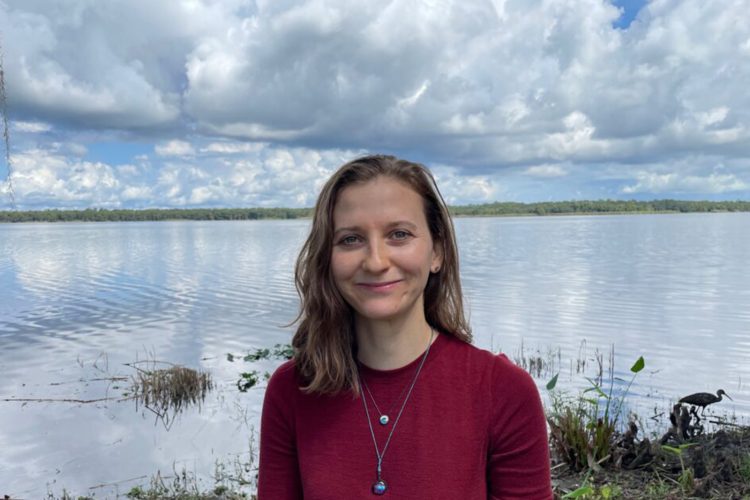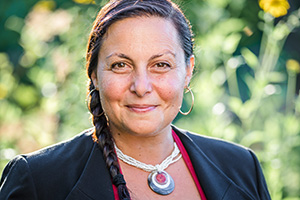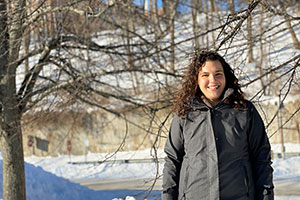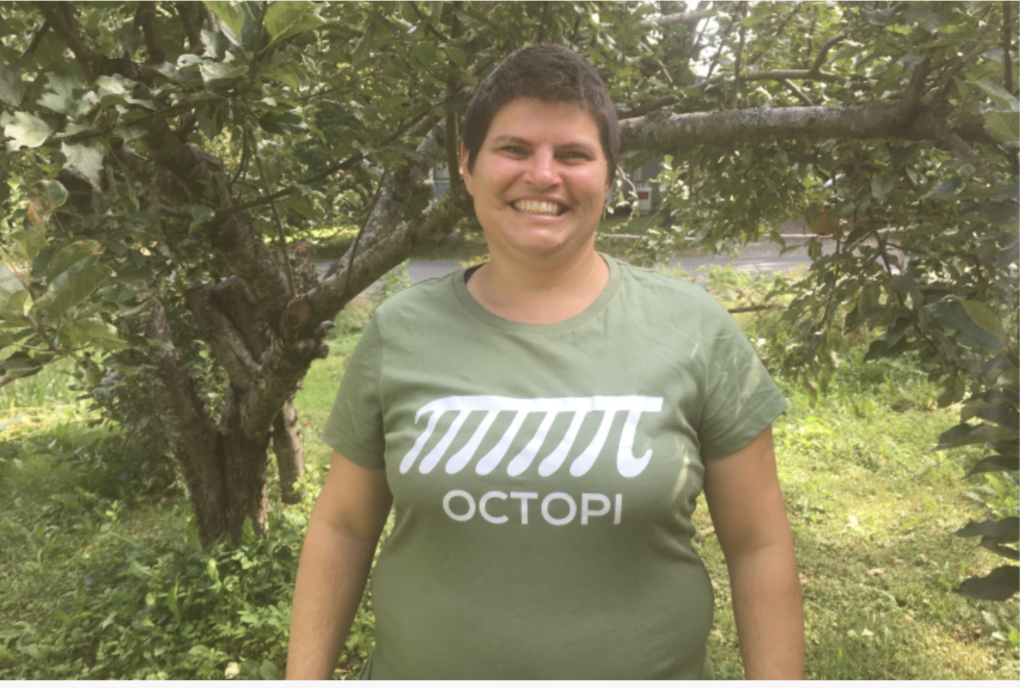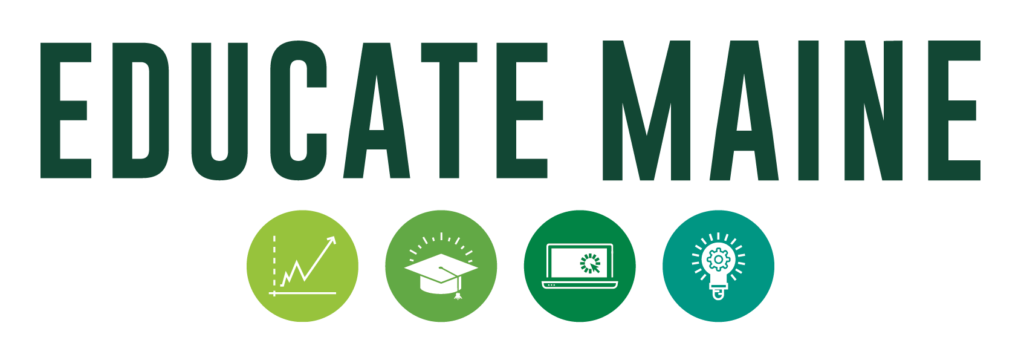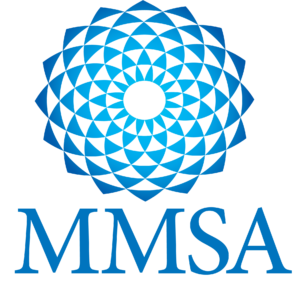Join Us for the Inaugural Maine Computer Science Education Summit
Learn More
 “Maine has recently seen an influx of high-paying, STEM career opportunities in our state. What we are NOT seeing, however, is a workforce prepared for these jobs. A critical component in building the capacity to meet these STEM workforce needs is creating networks of capable, confident, and inspired PreK-12 teachers and teacher leaders. The future of CS education is not some distant thought – it is now.”
~Ruth Kermish-Allen, executive director of MMSA.
“Maine has recently seen an influx of high-paying, STEM career opportunities in our state. What we are NOT seeing, however, is a workforce prepared for these jobs. A critical component in building the capacity to meet these STEM workforce needs is creating networks of capable, confident, and inspired PreK-12 teachers and teacher leaders. The future of CS education is not some distant thought – it is now.”
~Ruth Kermish-Allen, executive director of MMSA. WFR is creating a network of teacher leaders across Maine who are committed to increasing equitable access to Computer Science learning in rural, PK-12, classrooms.
The “STEM Workforce Ready 2030” (WFR) Project is creating a network of teacher leaders across Maine who are committed to integrating computer science learning in rural PreK-12 classrooms. Through generous support of the Harold Alfond Foundation, MMSA is partnering with 12, rural, school districts to create regional hubs of professional learning. These hubs, led by CS Integration Teacher Leaders, will train educators across the state to integrate CS practices and principles into their curriculum and inspire Maine’s STEM Workforce of 2030: today’s students.
Building on MMSA’s work over the past five years, WFR will expand a research-practice partnership focused on increasing equitable access to computer science education for all Maine’s students. At the culmination of this five year grant, MMSA and WFR participants will have:
- Co-designed a replicable, regional Hub model of professional learning that supports rural classroom teachers each year as they implement CT/CS integrated activities.
- In collaboration with statewide partners, hosted a yearly, CS Summer of Fun, professional learning summer institute open to educators from across the state
- Co-designed and shared a library of curriculum development tools and materials to support CS integration across content areas.
- Collaborated with Educate Maine to bring CS Pathway visioning through SCRIPT workshops to over 30 Maine Districts.
- Collaborated with Educate Maine to host CS Connected Learning Experiences, an opportunity for Maine educators to connect with businesses and identify where CS practices and principles are needed in today’s workforce through immersion experiences.
Read about the $8.2 million grant awarded to WFR by the Harold Alfond Foundation as reported in the Bangor Daily News
CS Summer of Fun
WFR is once again hosting the CS Summer of Fun. Click the button below to visit the event page.
WFR is recruiting new districts to join our Research to Practice Partnership. Learn more and apply by April 30!
Our Work
CSTA NE 2023 Slidedeck
DOE Educator Summit Slidedeck

Annual Report 2023
Project Staff
External Partners
The STEM Workforce Ready 2030 project is a project funded by the Harold Alfond Family Foundation with support from Google and Fritz and Susan Onion.
Contact Us | Programs | Professional Learning | Privacy Policy
Copyright © 1992 — 2020 Maine Mathematics and Science Alliance • All rights reserved
207.626.3230
219 Capitol Street, Suite 3 Augusta, Maine 04330


